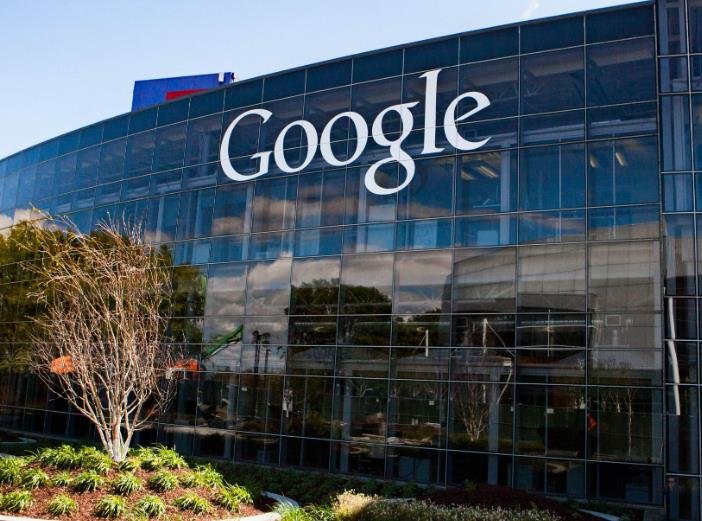One of the key points Farah highlights is the mounting regulatory pressure on Google. Governments around the world are increasingly scrutinizing the company’s business practices, particularly its dominance in the online advertising market and its handling of user data. In the United States, the Department of Justice and several state attorneys general have filed antitrust lawsuits against Google, accusing it of maintaining monopolistic practices that stifle competition.

In Europe, Google has faced multiple fines from the European Commission for antitrust violations, including a record €4.34 billion fine in 2018 for abusing its market dominance with its Android operating system. These regulatory actions reflect a growing consensus among policymakers that Google’s market power needs to be curbed to ensure fair competition and protect consumer interests.
Rising Competition in the Tech Industry
Farah also points to the rising competition in the tech industry as a significant threat to Google’s dominance. Companies like Amazon, Apple, and Microsoft are increasingly encroaching on Google’s territory, offering competing products and services that challenge its market share. For instance, Amazon’s advertising business has grown rapidly, posing a direct challenge to Google’s core revenue stream.
Moreover, the rise of alternative search engines like DuckDuckGo, which emphasizes user privacy, is attracting users who are concerned about Google’s data collection practices. These competitors are leveraging their strengths to carve out niches in the market, gradually eroding Google’s dominance. Farah argues that this competitive landscape is a sign that Google’s grip on the tech industry is weakening.
Public Backlash and Changing Perceptions
Another factor contributing to what Farah describes as the beginning of the end for Google is the growing public backlash against the company. Concerns about privacy, data security, and the influence of big tech companies on society have led to a shift in public perception. Users are becoming more aware of the implications of their online activities and are seeking alternatives that offer greater transparency and control over their data.
High-profile incidents, such as the Cambridge Analytica scandal and revelations about Google’s data-sharing practices, have fueled this backlash. As a result, there is increasing demand for more ethical and user-centric tech solutions. Farah believes that this changing landscape reflects a broader societal shift that could ultimately undermine Google’s position as the dominant player in the tech industry.








